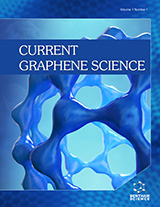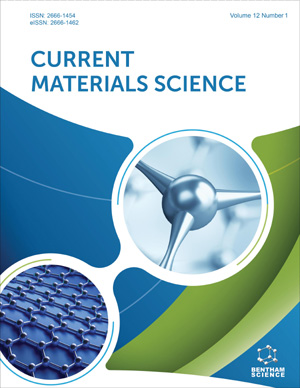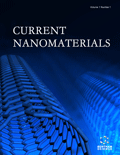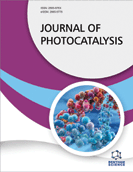Abstract
Since their early discovery, thin films have quickly found industrial uses, including
decorative, optical, and energy storage applications. The range of applications for thin film
technology has expanded to the point where nearly every industrial sector now uses it to impart
specific physical and chemical properties to the surface of bulk materials. The ability to
customize film properties by varying the microstructure through the deposition parameters used
in a particular deposition technique has recently allowed them to advance from the most basic
applications, like protective coatings against wear and corrosion, to the most technologically
advanced ones, like microelectronics and biomedicine. Despite such remarkable advancements,
the relationship between all phases of the fabrication of metal sulphide thin films such as CdS
and ZnS specifically deposition parameters – morphology and characteristics, is not entirely
precise. In summary, the characterization of thin films involved several techniques, including
X-ray diffraction, UV-Vis spectrophotometry, scanning electron microscopy, energydispersive X-ray diffraction, and transmission electron microscopy. The investigation of
nonlinear optical (NLO) parameters was carried out through open aperture (OA) and closed
aperture (CA) Z-scan measurements, employing a diode-pumped solid-state continuous-wave
laser at 532 nm excitation. The NLO parameters, namely the nonlinear absorption coefficient
(β), nonlinear refractive index (n2), and third-order NLO susceptibility (χ(3)) exhibited an
increasing trend with higher doping concentrations. These promising outcomes regarding the
NLO parameters in nanostructured CdS and ZnS thin films with increasing doping
concentrations suggest that these processed films hold significant potential for applications in
opto-electronic energy-related technologies.






















